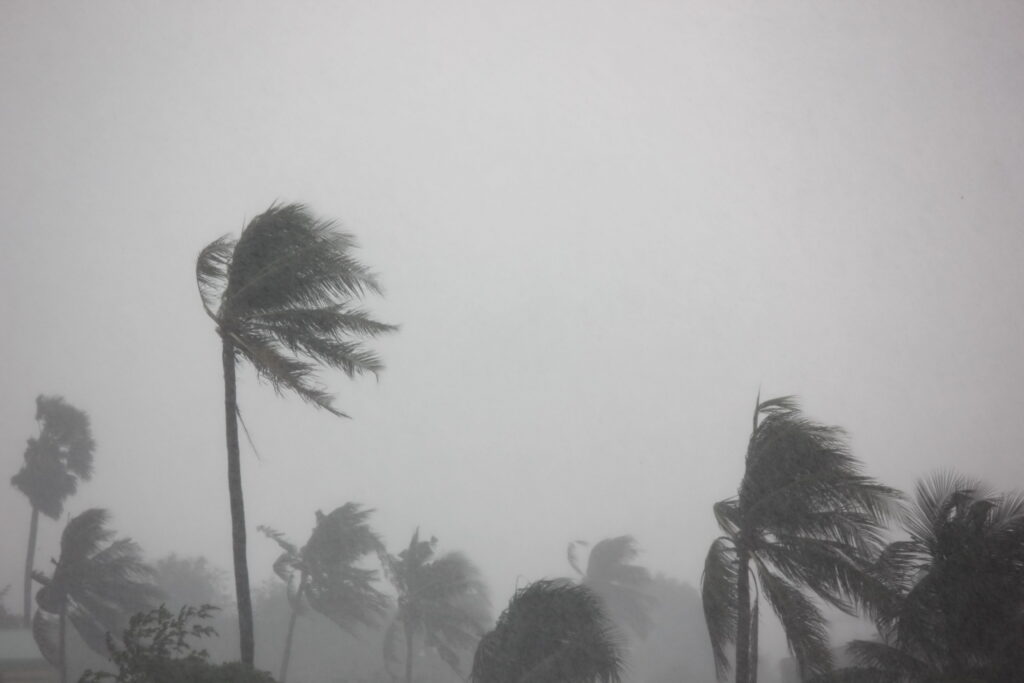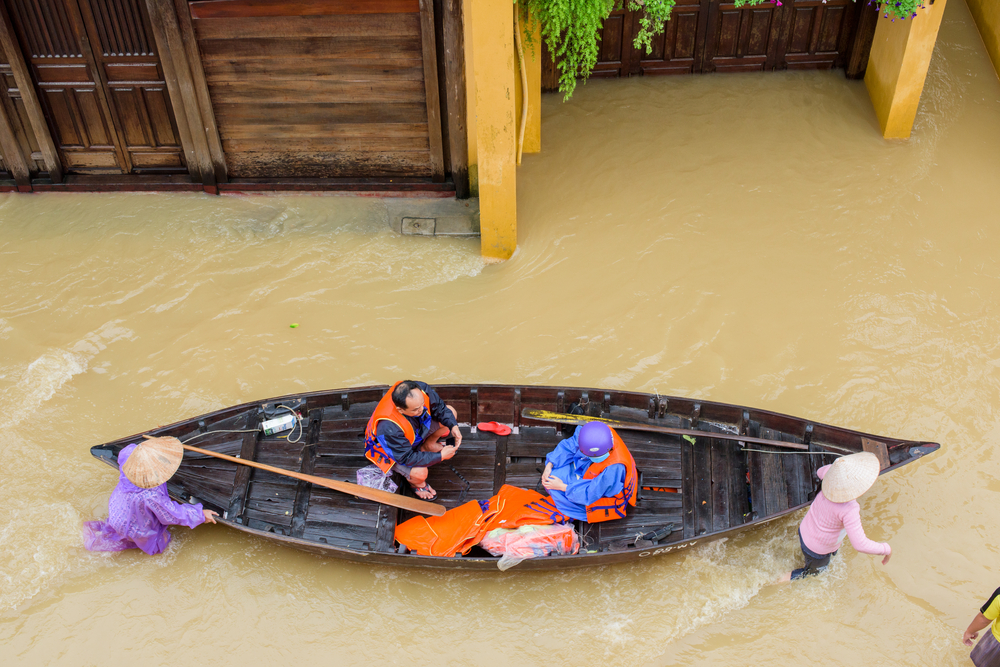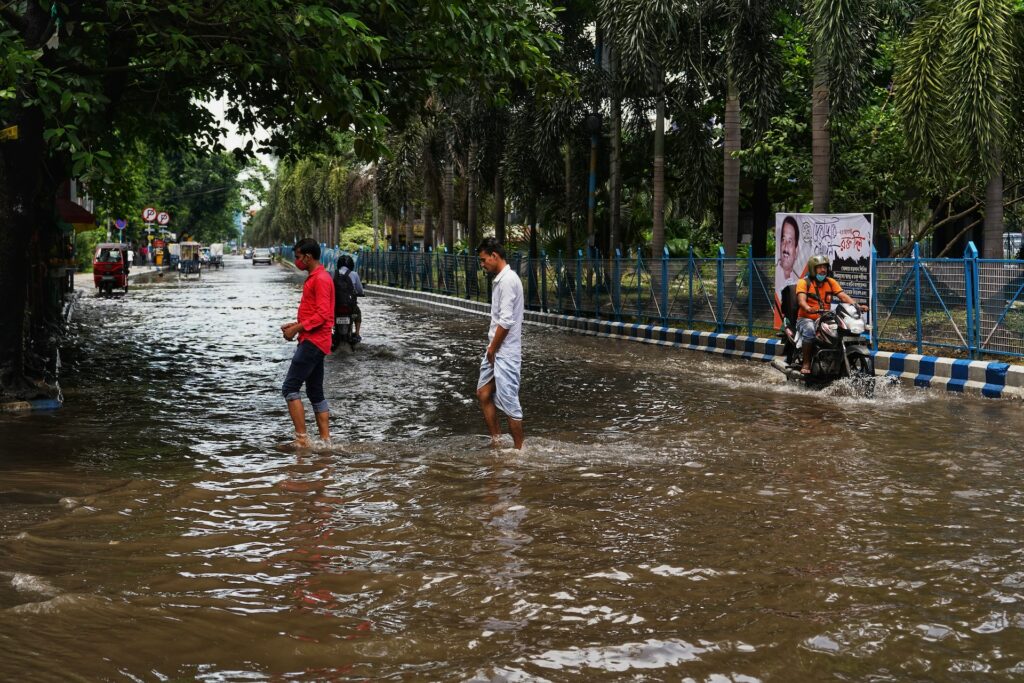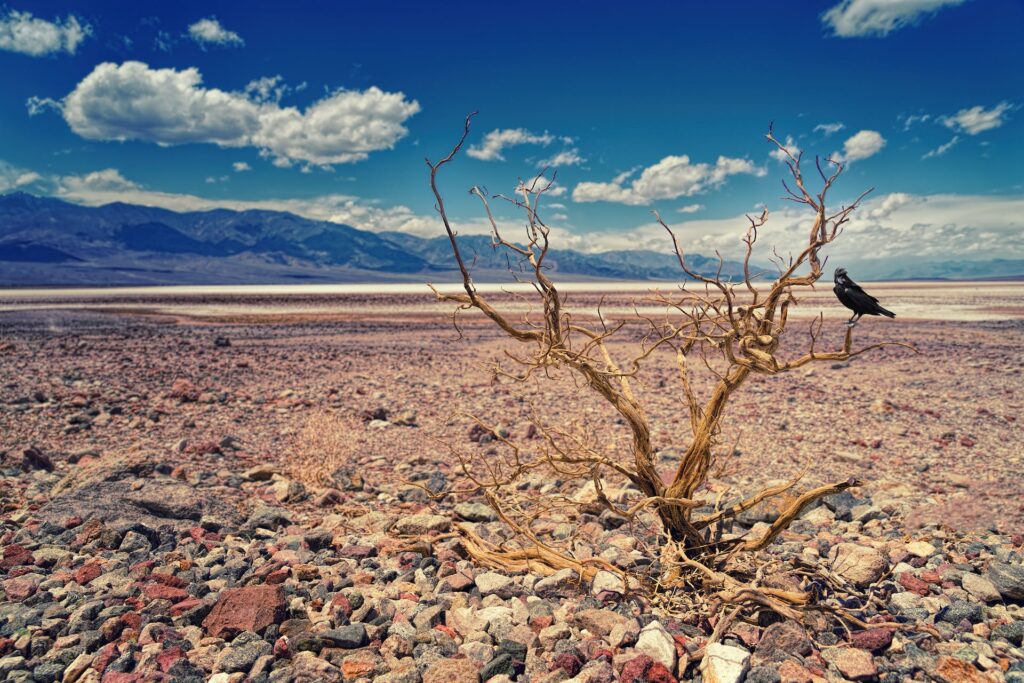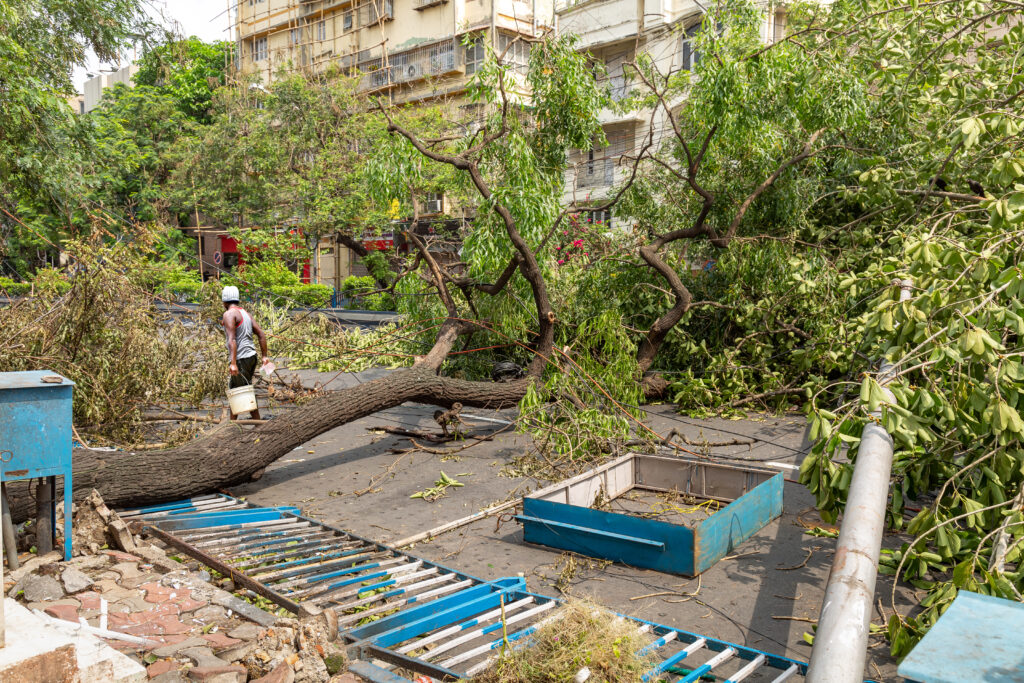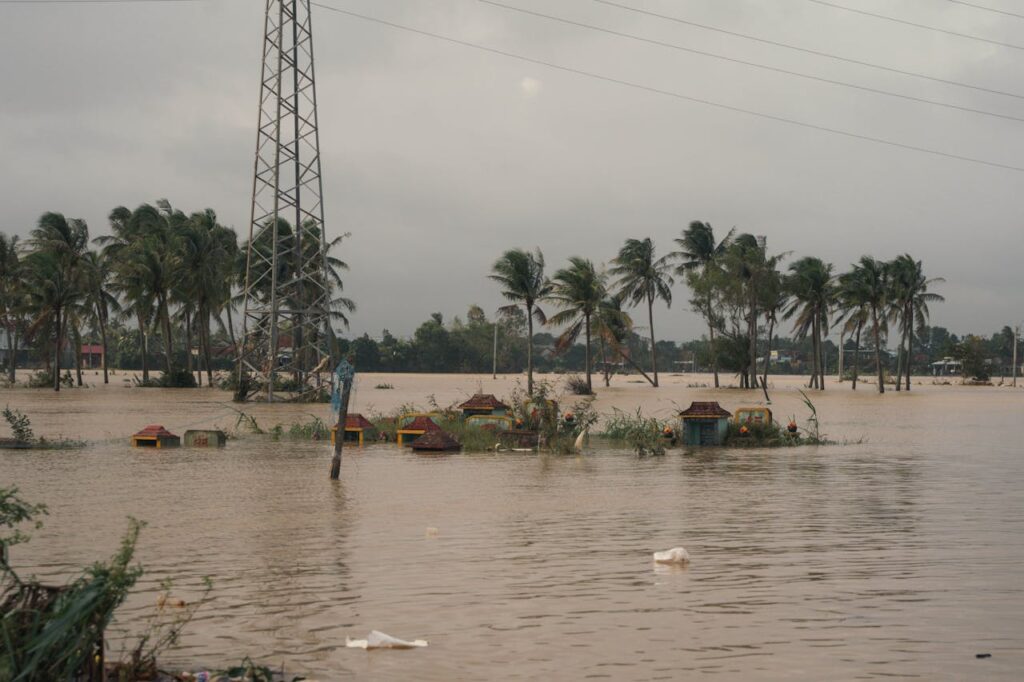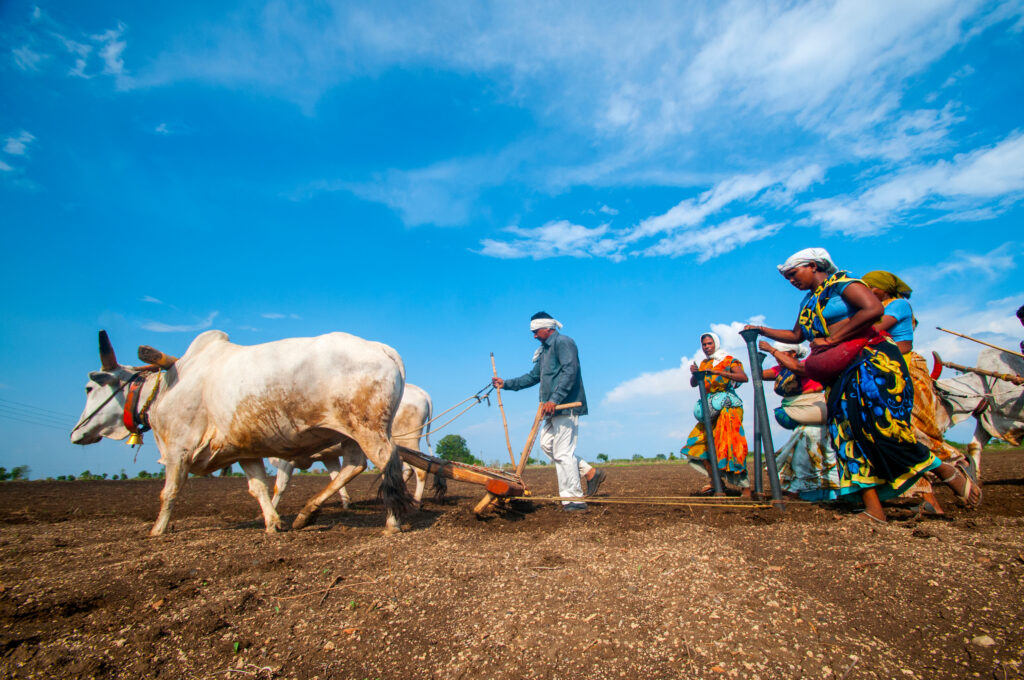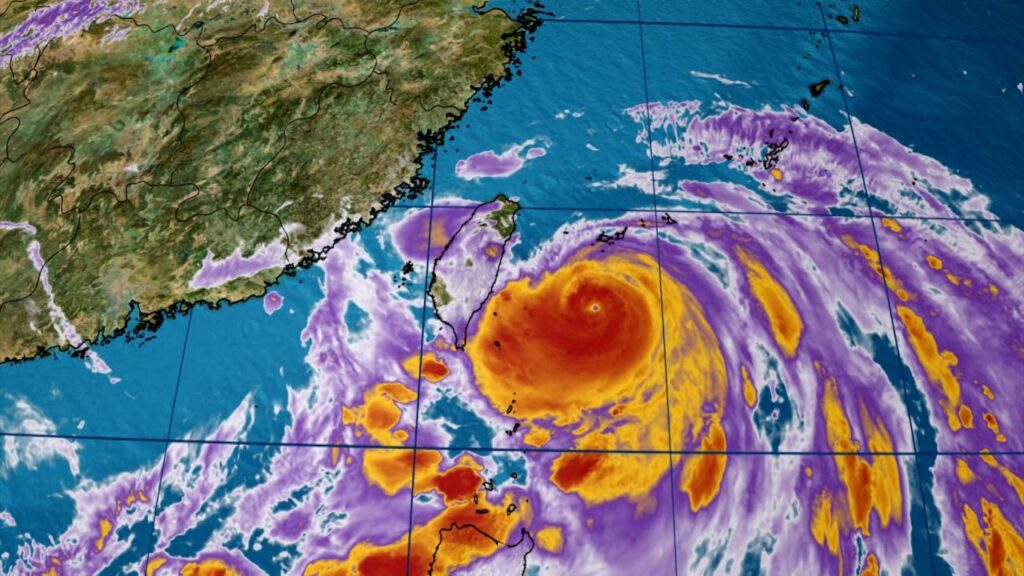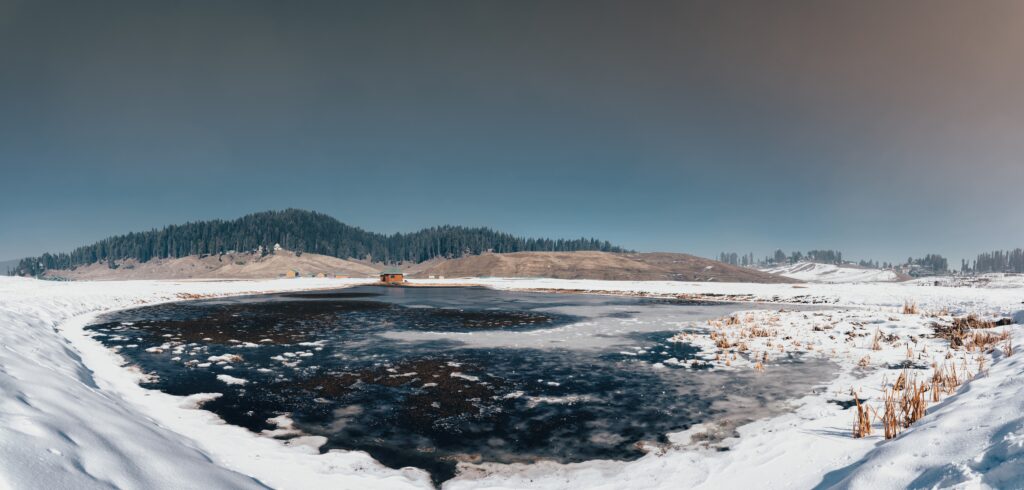Global warming in Asia is accelerating at nearly twice the global average, according to the World Meteorological Organization’s State of the Climate in Asia 2024 released in June 2025. The WMO report finds that the average temperature in Asia in 2024 was about 1.04°C above the 1991–2020 average, ranking as the warmest or second warmest year on record for the region. Asia’s warming trend for 1991–2024 is almost double that of 1961–1990, underscoring how quickly Asia is warming compared to the rest of the world.
Extreme Heat in Southeast Asia, Central Asia and East Asia
Beneath the headline number sits a pattern of rising temperatures in Asia that is reshaping daily life. Prolonged extreme heat gripped East Asia from April to November 2024, with new monthly records across Japan, South Korea and China. Heat waves and extreme heat events were also reported in Southeast Asia, Central Asia and the Middle East. Myanmar set a new national temperature record of 48.2°C.
Sea Surface Temperatures and Marine Heatwaves
The oceans tell an equally stark story. Regional sea surface temperatures reached the highest levels on record in 2024, and the ocean warming rate across Asian waters was around 0.24°C per decade, nearly double the global rate (0.13°C per decade). Marine heatwaves were the worst on record by extent, with nearly 15 million square km — around one-tenth of the world ocean — affected in August to September, disrupting ecosystems and fisheries that millions rely on.
Extreme Weather from the Oceans to the Coasts – Major Repercussions
These marine heatwaves matter far beyond the shoreline. Elevated sea surface temperatures intensify moisture supply and can supercharge extreme weather and extreme rainfall. They also drive coral bleaching and harmful algal blooms that undermine coastal economies. Ocean monitoring centres warn that such heatwaves increasingly threaten fisheries and aquaculture, compounding food-security risks across South Asia and Southeast Asia.
Glacier Loss in South Asia Region Threatens Water Security
On land, the cryosphere is in retreat. Reduced winter snowfall and scorching summer heat accelerated glacier mass loss across the central Himalayas and the Tian Shan — 23 of 24 monitored high-mountain glaciers in Asia lost mass in the 2023-2024 period. China’s Urumqi Glacier No. 1 recorded its most negative balance since measurements began. This threatens long-term water security for major river basins that feed agriculture, hydropower and cities throughout South Asia and western China.
Sea Level Rise in Asia’s Coastal Regions
Sea level rise is outpacing the global mean along both the Pacific and Indian Ocean sides of the continent, heightening risks of tidal flooding, storm surge and saltwater intrusion for low-lying deltas and megacities. Pair higher seas with record sea surfece temperatures and you get amplified coastal hazards for multiple areas from the Bay of Bengal to the South China Sea.
Extreme Rainfall and Droughts
The year’s extremes illustrate Asia’s vulnerability to compound hazards. Tropical Cyclone Yagi spread damage across Vietnam, the Philippines, Laos, Thailand, Myanmar and China. Record flooding in Central Asia was the worst in more than 70 years, while the United Arab Emirates logged 259.5 mm of rain in 24 hours — among the most extreme events since records began in 1949. Meanwhile, drought in China affected 4.76 million people and damaged more than 3,350 square km of crops. In Nepal, record-breaking rainfall triggered deadly floods, but anticipatory action and early warnings helped reduce casualties.
Climate Change Requires Stronger Early Warning Systems
What will cut risk now? First, stronger cross-border early warning systems that move from hazard forecasts to impact-based alerts are necessary. The WMO highlights how coordinated planning in Nepal — aligned with the UN’s Early Warnings for All initiative — enabled faster, life-saving responses in 2024. Scaling shared observation networks, common alerting protocols and data exchange across river basins and ocean regions should be a regional priority.
Adaptation Finance Is Urgently Needed
Second, we must close the adaptation finance gap. The Asian Development Bank estimates developing Asian countries need USD 102–431 billion per year to adapt — far beyond current flows — covering investments from climate-ready water and food systems to coastal defences and heat-resilient health services.
Asia Is Warming Faster Than the World
The message is unambiguous: global warming in Asia is accelerating, and the risks are cascading — from glaciers to coasts and from fisheries to farms. With sharper, shared early warnings and a decisive lift in adaptation finance, the region can blunt today’s damage and safeguard tomorrow’s development. The science is clear — and so are the solutions.
Sara Siddeeq
Sara Siddeeq is a climate and energy writer with bylines in New Energy World, Climate News Australia, and Batteries and Energy Storage Technology (BEST) Magazine. She specialises in covering clean energy, carbon markets, and climate resilience, bringing clarity to complex topics. Sara holds a qualification in Communicating Climate Change for Effective Climate Action and is passionate about data-driven climate storytelling.
Sara Siddeeq is a climate and energy writer with bylines in New Energy World, Climate News Australia, and Batteries and Energy Storage Technology (BEST) Magazine. She specialises in covering clean energy, carbon markets, and climate resilience, bringing clarity to complex topics. Sara holds a qualification in Communicating Climate Change for Effective Climate Action and is passionate about data-driven climate storytelling.

